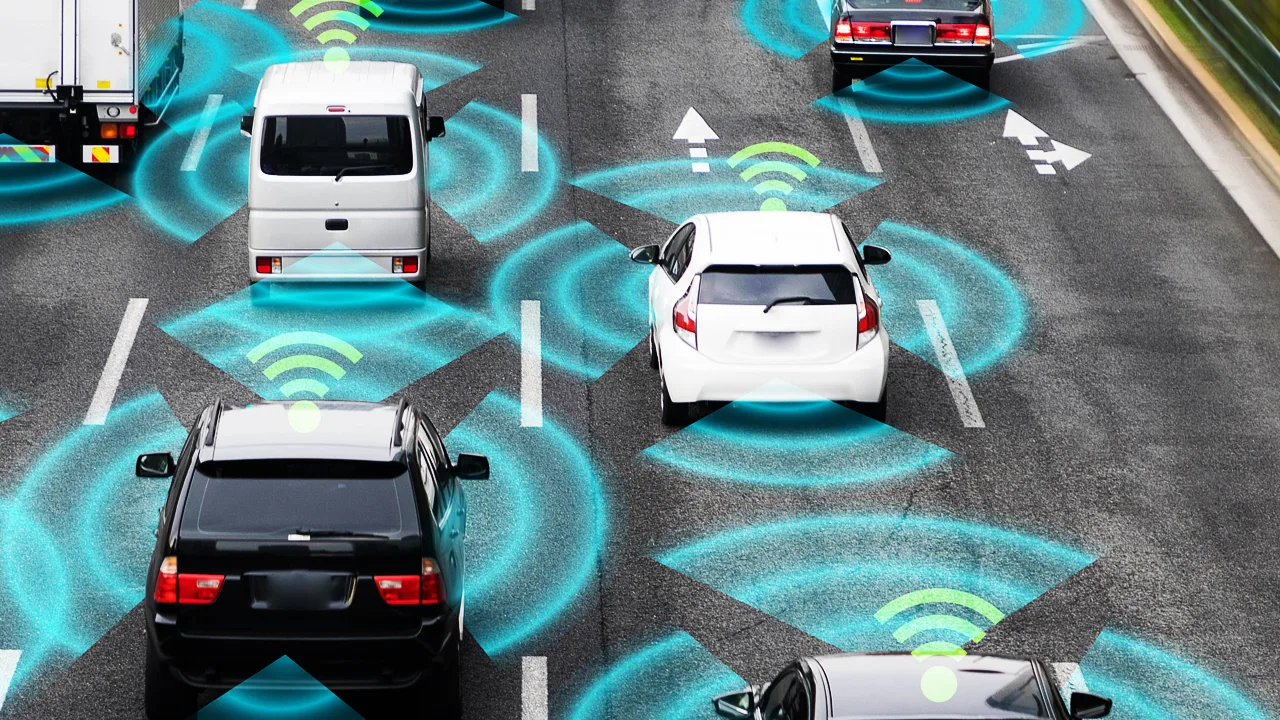Autonomous vehicles (AVs) represent a transformative technological advancement in transportation, promising enhanced safety, efficiency, and convenience. However, their widespread deployment is not without its challenges and concerns. This comprehensive note explores the multifaceted problems associated with autonomous vehicles, covering technical, ethical, legal, social, and economic dimensions. The effective integration of AVs into our daily lives depends on our ability to recognize and resolve these problems.
Autonomous vehicles, also known as self-driving cars, have captured the imagination of researchers, engineers, and the general public alike. Autonomous vehicles have the potential to improve road safety, lessen traffic congestion, and provide more accessibility for people with mobility impairments. Despite these potential benefits, autonomous vehicles are fraught with challenges that span various domains.
Problems with autonomous vehicles you should know
Sensor Limitations:
Autonomous vehicles heavily rely on sensors such as lidar, radar, and cameras to perceive their surroundings. However, these sensors may have trouble correctly interpreting complicated settings and are difficult to use in inclement weather (such as severe rain, snow, or fog).
Machine Learning and Decision-Making:
Requiring sophisticated machine learning algorithms is necessary for the difficult task of making decisions in changing traffic circumstances. Training these algorithms to handle every possible situation is a daunting challenge, leading to concerns about the adaptability and reliability of AVs.
Cybersecurity Risks:
As AVs become more connected, they become susceptible to cyberattacks. Hackers could compromise the vehicle’s software, leading to safety hazards or criminal activities, raising concerns about the cybersecurity infrastructure supporting autonomous vehicles.
Moral Decision-Making:
Autonomous vehicles must be programmed to make split-second decisions in potentially life-or-death situations. Choosing between reducing injury to pedestrians and safeguarding the occupants are examples of ethical considerations that frequently go into these judgments. The challenge lies in establishing universally accepted ethical guidelines for AVs.
Liability and Responsibility:
Determining liability for accidents involving AVs is a complex legal and ethical issue. Questions arise about whether manufacturers, software developers, or vehicle owners should bear responsibility. This uncertainty can hinder the widespread adoption of autonomous vehicles.
Legal and Regulatory Challenges:
Regulatory Framework:
The legal framework for autonomous vehicles is still in its infancy. Governments and regulatory agencies are finding it difficult to create complete legislation that includes responsibility, privacy issues, and safety standards. The lack of standardized regulations creates uncertainty for manufacturers and consumers alike.
Liability and Insurance:
Determining liability in accidents involving AVs poses a legal challenge. Traditional insurance models may not be suitable for AVs, as accidents may result from software malfunctions rather than human error. Developing new insurance models that account for these unique circumstances is essential.
Job Displacement:
The widespread adoption of autonomous vehicles has the potential to disrupt the job market, particularly in industries heavily reliant on manual driving, such as trucking and delivery services. Addressing the potential job displacement and retraining the workforce is a social challenge associated with AVs.
- Audi GT50 Concept: A Loud Reminder of Why Car Enthusiasts Fell in Love With Audi
- Nearly 30% of UK Drivers Believe Car Tax Should Be Based on Mileage — Survey
- Why Planes and Boats Escaped the Luxury Tax But Cars Didn’t
- Australia’s Headlight Confusion: Authorities Warn Drivers After Viral $250 Headlight Rule Goes Wild Online
- 2025 Hyundai Venue Facelift Launched in India – Full Details, Variants, and Price
Public Trust and Acceptance:
Building public trust in autonomous vehicles is crucial for successful integration into society. High-profile accidents involving AVs have raised safety concerns, and overcoming public skepticism requires transparent communication, education, and robust safety measures.
Cost of Implementation:
The technology required for autonomous vehicles, including advanced sensors and sophisticated algorithms, comes at a significant cost. To equity and economic inequality, the initial investment needed for AVs may prevent them from being widely accessible.
Infrastructure Readiness:
The successful deployment of autonomous vehicles depends on the readiness of existing infrastructure. To support autonomous vehicles (AVs), roads, traffic signals, and communication systems must be updated. The expenses of this infrastructure development put governments and municipalities in a difficult financial position.
Energy Consumption:
Autonomous vehicles, especially those relying on electric power, contribute to energy consumption. The environmental impact of manufacturing and maintaining the advanced technology in AVs, coupled with their energy requirements, must be considered in the context of sustainability goals.
Congestion and Urban Planning:
The potential increase in the use of AVs may exacerbate traffic congestion in urban areas. Effective urban planning is necessary to address the impact of AVs on traffic patterns, parking requirements, and overall city infrastructure.
The integration of autonomous vehicles into our transportation system holds tremendous promise, but it is not without its complexities and challenges. Technical limitations, ethical dilemmas, legal and regulatory uncertainties, social implications, economic considerations, and environmental impacts all contribute to the intricate landscape surrounding AVs.
Addressing these challenges requires a collaborative effort from researchers, policymakers, industry stakeholders, and the public. By acknowledging and actively working to mitigate these issues, we can unlock the full potential of autonomous vehicles while ensuring a safe, ethical, and sustainable transportation future.
